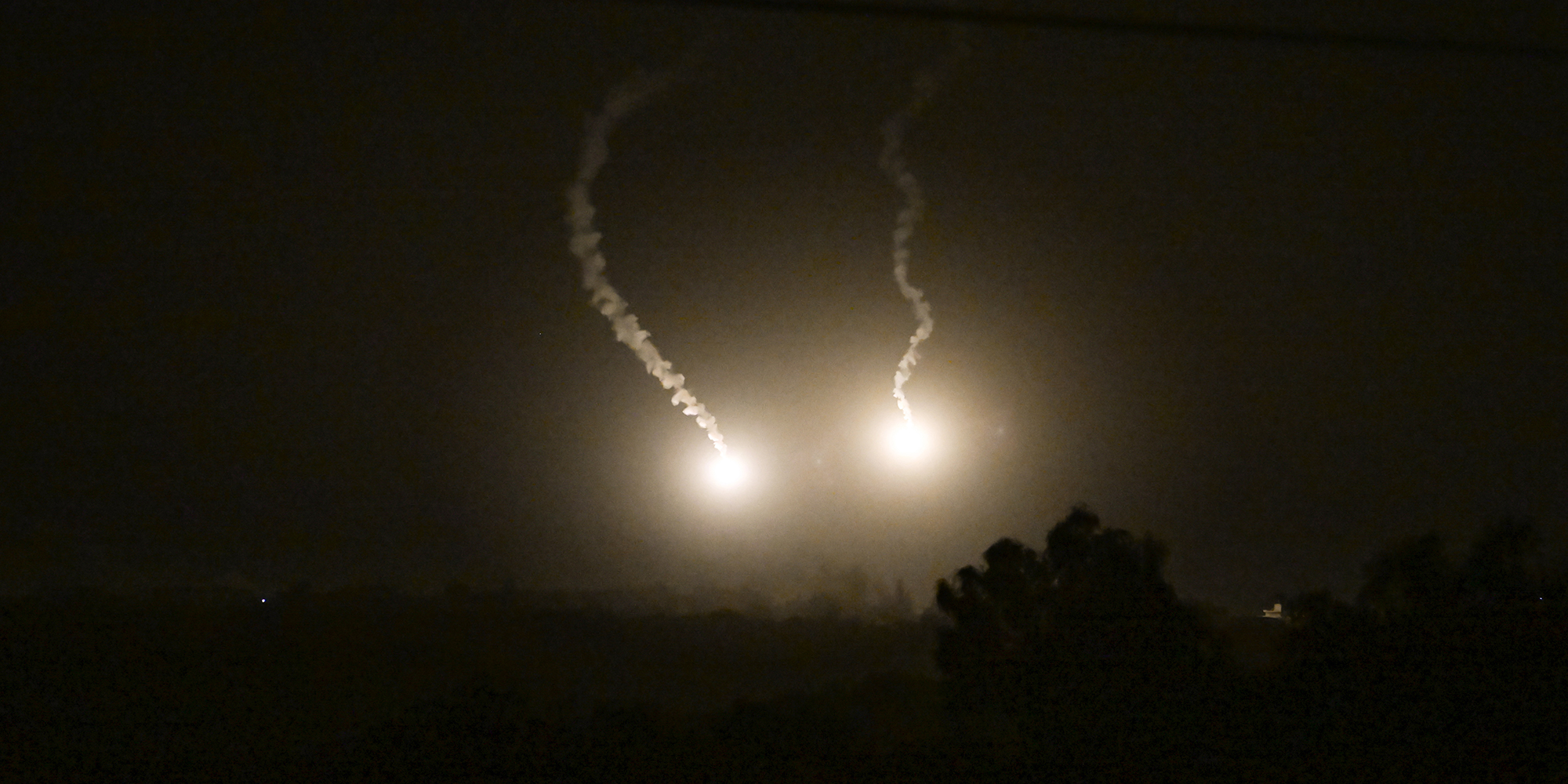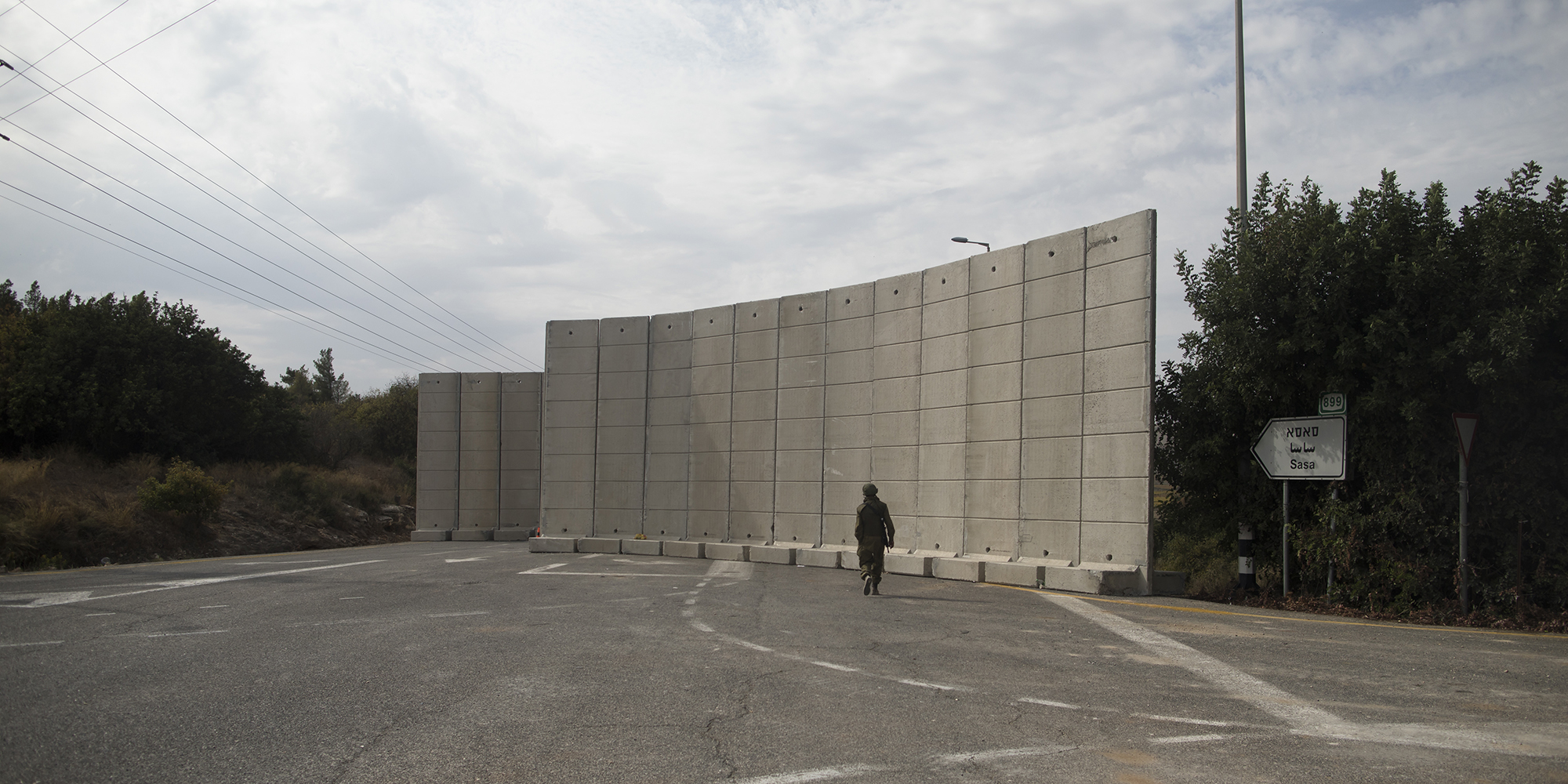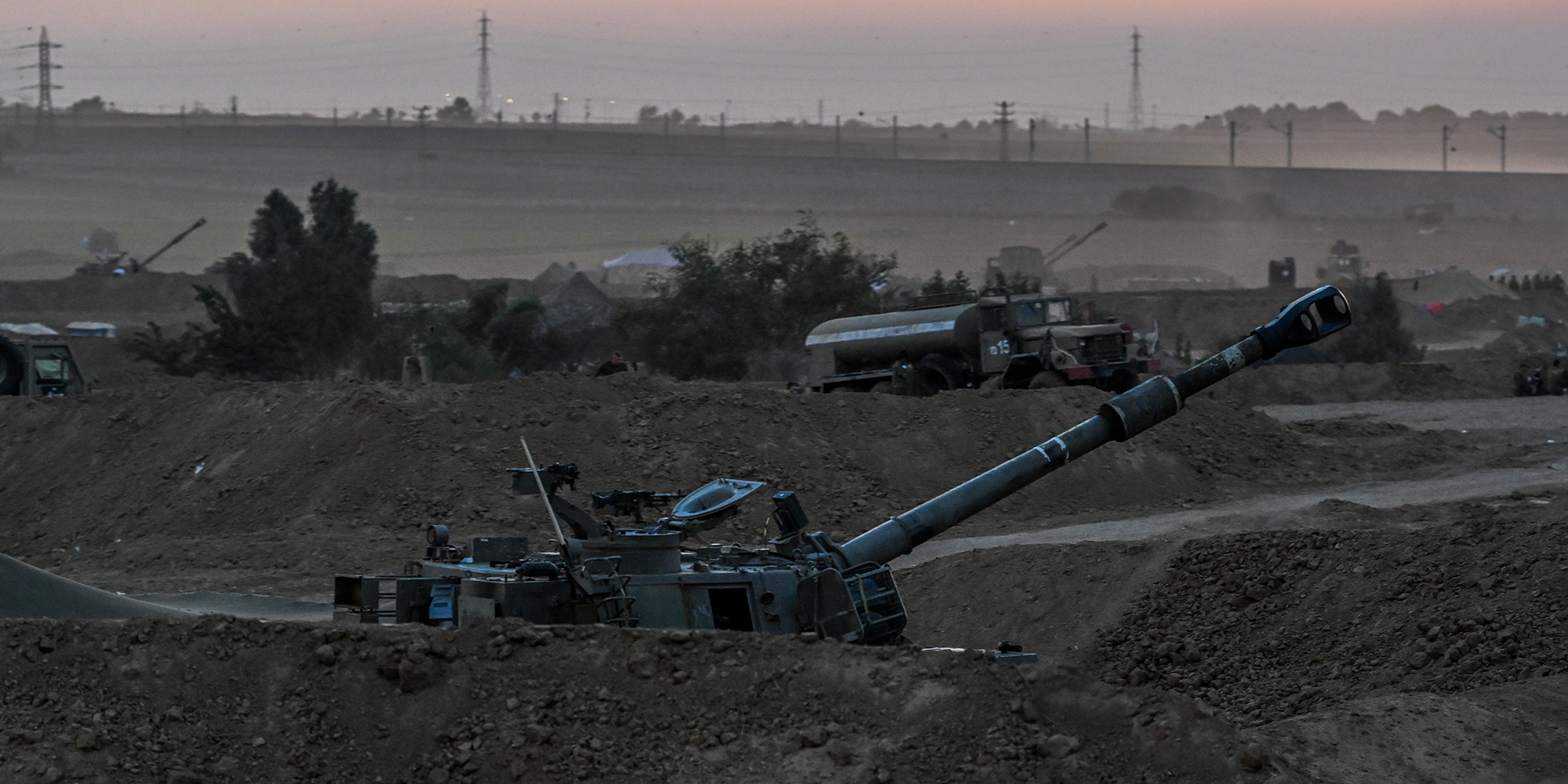And he shall judge among the nations, and shall rebuke many people: and they shall beat their swords into ploughshares, and their spears into pruning hooks: nation shall not lift up sword against nation, neither shall they learn war any more. — Isaiah 2:4
Some three decades ago, I met Roger Fisher when he arrived in Pretoria where I was at the time assigned as a US diplomat. Fisher was a globally influential proponent, theorist and facilitator of international negotiations in conflict zones.
He had become an important figure in that regard for advocating the use of negotiating tools like the “one text”. In this approach, the mediator shuttled between antagonistic camps bearing a single draft agreement until the points of contention were worked through and an agreement had finally been signed off by the parties to the conflict.
Fisher’s approach did not always expect to reach all-encompassing, universal settlements as much as it aimed to reach specific agreements over key aspects of a dispute. After the Camp David Accords between Egypt and Israel had been achieved, The New York Times noted Fisher’s role, saying that his “strategy involved having President Jimmy Carter alone be responsible for writing solutions and letting the other leaders shape the treaty through a back-and-forth critiquing process”. Fisher was also a backroom presence in subsequent Middle East negotiations.
Fisher remains well known internationally for his book Getting to Yes. This volume became an important text for many other negotiators and has been translated into dozens of languages, helping spread his advocacy of a set of steps to bring warring parties to agreement, despite deep-seated antagonisms between the protagonists.
Read more in Daily Maverick: Middle East Crisis News Hub
When I met him, Fisher had come to South Africa of his own volition. He was looking for a way he could make a contribution to head off the near-civil war that was clearly on the horizon and to address the apparent futility of efforts to achieve a less violent resolution for South Africa’s agonies. Ultimately, while the way forward for South Africa was significantly the homegrown series of negotiations rather than any international convocation, that process and the resolution drew upon Fisher’s ideas.
In the Middle East’s current volatile circumstances, we should also recall that the results of Fisher’s involvement in negotiations, in the end, did not achieve conclusive, universal agreements. But the current situation now demands serious efforts to deal with the gathering storm.
 Israeli Defence Force flares light up the sky above northern Gaza on 29 October 2023, seen from Sderot, Israel. (Photo: Alexi J. Rosenfeld / Getty Images)
Israeli Defence Force flares light up the sky above northern Gaza on 29 October 2023, seen from Sderot, Israel. (Photo: Alexi J. Rosenfeld / Getty Images)
Over the past several days, in many parts of the world, vast crowds have gathered to denounce Israel’s bombardment of Gaza in response to the deadly Hamas terror attacks, their taking of more than 200 hostages, and the ongoing firing of rockets across many parts of Israel, although the Iron Dome anti-missile system has destroyed most of those before they caused major damage. Meanwhile, the fervour of the demonstrators has grown in tandem with the rising death toll in Gaza.
The aerial attacks on parts of the Gaza enclave, the restrictions on emergency supplies allowed into the zone and an insistence that a million or more people must move out of the way in the northern third of Gaza also helped trigger demonstrations and denunciations in international forums. A growing chorus has been calling for a unilateral ceasefire by Israel. Sadly, running in the background for some has been the reservoir of antagonism towards Israel, independent of recent events.
A few days after the initial Hamas terror attacks and hostage-taking, charges that there had been an Israeli air attack on crowds that had sought shelter at a Gaza hospital further helped stoke outrage. This accusation has subsequently been disputed with growing certainty by various intelligence analyses, which say instead that the disaster occurred because of a misfired rocket by Islamic Jihad (which the group has denied).
Inevitable arguments
At this point, there is an inexhaustible roster of topics that could be debated. We can engage in the inevitable (as well dispiriting) arguments about whether Jews have an ironclad claim to the land on which the contemporary state of Israel is situated, this despite Israel being a de jure member of the United Nations since the state’s establishment. Further, this is despite Israel’s founding by virtue of the 1947 Partition Plan, sponsored by the UN, but then rejected by the territory’s Arab neighbours.
We can also have all those debates about how significant was a continuous Jewish presence in the territory since Roman times, even as many writers historically had noted that presence and despite the fact that European Crusaders had tried hard to eliminate any Jewish and Muslim presence there during the Crusaders’ century of rule. We can argue about the name of the territory and from whence it was derived. And we can delve into the fact that the territory had earlier been held as a half-forgotten part of several provinces of the old Ottoman Empire for some 450 years — and by previous empires since Roman times.
Further, we can debate the nature and origins of the flight from that soon-to-be-Israeli territory by Arabs and whether or not it was due to fears (or realities) about Israeli actions to eject them forcibly or because of encouragement by Arab leaders who promised they could return once the fighting ended — or from a combination of those reasons — and other causes. (And we can note that a considerable Arab presence remains in contemporary Israel — accounting for about 20% of the population of Israel proper.)
We can discuss the lack of efforts by Egypt and Jordan to develop the two territories they had unilaterally seized in 1948, territories that were to be part of the Arab share of the partition — Gaza and the West Bank. And about more recent events, we could debate how and why so much of the economic aid money destined for development in Gaza ultimately supported the construction of Hamas tunnels or the building of rockets.
We can even debate — if we really must — how or why peace plans proposed over the years have achieved such limited successes. In large part, they have resulted in what have sometimes been termed “frozen peace settlements” as well as a state of near-open hostility between Syria and Israel. Then there are the on-again/off-again hostilities between Israel and Hamas, Islamic Jihad and Hezbollah, right up to the moment of Hamas’s assaults of 7 October. And then there is the ongoing death spiral in Lebanon as a consequence of the conflicts near it.
Most importantly, perhaps, we can debate how this frozen-in-place status has meant no final resolution of the status of the West Bank and Gaza, together with the circumstance that the growing number of Israeli settlements in the West Bank generates anger on the part of Arab residents of that territory.
If we must, we might also discuss the nature of Israel’s Jewish population, including the fact more than half of it comprises first or second-generation Sephardic Jews who fled Middle Eastern and North African states in the face of increasing duress (including forfeiture or seizure of property, businesses and other assets) in the 1950s and 1960s, despite the fact those communities pre-dated the Islamic conquests. Ironically, their numbers roughly equal the number of Arabs who fled Israel in 1948.
Multilayered conflict
Collectively, all these issues represent an enormous — maybe an unbearable — weight of history, and perhaps the right decision, for now, is to put them aside for academic conferences in the face of still more pressing current circumstances. Given the growing intensity of the bombings, the continued missile launches, the resultant human desperation, the fleeing of many people to avoid the worst of the disaster, and the as-yet-undetermined fate of the hostages, it is more pressing than ever to find a way out of the morass.
But, crucially, is such a thing even possible? After all, there are other conflict zones on Earth where even more terrible things are taking place.
Unlike many other bitter international conflicts, the current Middle Eastern tragedy involves more than two opposing sides. It is multilayered in ways that could explode out of control. To quote the man who predicted the origin of the First World War decades before it actually began, German Chancellor Otto von Bismarck: “Some damn fool thing in the Balkans will set it all off.”
This time, though, it is not the Balkans, but the Middle East. With all the overlapping complexities and conflicts, there is the possibility one errant missile explosion or a deadly face-off between fighter pilots could prompt a serious unravelling.
To inventory just the obvious, there is the struggle between Israel and Hamas, between Israel and Hezbollah’s militia, between Israel and a restive subject population on the West Bank, and between Israel and — at least theoretically now — Syria as well. But there is also the question of the involvement of Iran as a backer and supplier of those two Arab militias, as well as the dimensions of Iran vs the US, Iran vs Saudi Arabia, and, at another level, the US vs its rival Russia. (Russia is, of course, already deeply embroiled in its ill-conceived struggle to subdue Ukraine — a nation whose defence needs are now being supplied by the US and much of Western Europe.)
What this means, besides dangerous complexity, is that there is the unpredictability of setting things alight beyond the already existing violent circumstances. Shades of Bismarck or worse.
What is to be done?
If these concerns are valid, what is to be done? For a start, the apocalyptic, rhetorical excesses must be tamped down, despite the cynical use of such words to buoy support for politicians, national leaders and militia warlords. Sloppy, deliberately misapplied use of words and phrases that have real meanings but are incendiary, such as genocide, carpet bombing, settlers, colonialists, barbarians and human animals, or chants like “from the river to the sea…” by those in the region or beyond do nothing but make an already inflammable situation worse.
They help harden the resolve of one side to oppose the other until death or final victory. But words alone are not the problem, even if they do not help matters. It is actual policies by leaders that must change.
Accordingly, here is an agenda for lowering the temperature. We’ve borrowed ideas from previous efforts and included some new thinking.
At the top of the list would be a real ceasefire that includes Israeli aerial attacks as well as, crucially, all rocket launchings from Gaza and southern Lebanon. Then there would be the gradual reopening of border crossings under strict international administration and supervision; the close monitoring under international control of all shipments into Gaza and the appropriate controls to make certain shipments do not end up in the hands of Hamas. Simultaneously, there must be the release of all hostages taken on 7 October (and perhaps a comparable and equivalent release of Gazans now in Israeli prisons). There must also be a full accounting of and responsibility for any hostages who perished during their captivity.
 A soldier walks near a temporary wall placed near the Israeli border with Lebanon in Kiryat Shmona, Israel on 29 October 2023. (Photo: Amir Levy / Getty Images)
A soldier walks near a temporary wall placed near the Israeli border with Lebanon in Kiryat Shmona, Israel on 29 October 2023. (Photo: Amir Levy / Getty Images)
If this series of steps towards confidence-building succeeds, we could move on to the next set. The first of these must be internationally monitored, secret-ballot elections — the first for nearly 20 years — in Gaza for a real government there.
There must surely be Gazans eager to replace the violent, corrupt, theocratic, kleptocratic rule of Hamas, despite their current travails at the hands of the Israeli military (although they have reasonably enough kept their opinions to themselves, so far).
As veteran Middle East negotiator Dennis Ross — even as he has become something of a sceptic regarding calls for an Israeli ceasefire — has just written in The New York Times, “Of course, the mood in Gaza after the fighting is over will be grim and angry. Thousands of civilians have been killed, according to the Hamas-run Gazan Health Ministry. Vast swaths of the enclave are uninhabitable. But it is worth noting that polls taken not long before the Oct. 7 attack revealed that 62 percent of Gazans were against Hamas breaking the cease-fire at the time with Israel. Getting aid into Gaza quickly and starting the reconstruction effort as soon as the fighting stops could help show residents that life can get better when Hamas is no longer preventing the rebuilding of Gaza.”
In the meantime, the Israeli government would — in the way it did in its full withdrawal from Gaza more than 15 years ago — need to remove unofficially established settlements in the West Bank and ensure residents of officially declared settlements there would be subject to any government elected there whenever it succeeds the current Palestinian Authority.
By this point, assuming things have actually succeeded, the respective parties could be in a position to negotiate border adjustments, and even a new arrangement to manage religious sites in Jerusalem’s Old City and surrounds, replacing a current patchwork of agreements. Then there would have to be negotiations to create a state-of-the-art rail/road corridor between Gaza and the West Bank. Concurrently, there would need to be negotiations between Israel, the US and Iran (!) to ensure a cessation of any future, direct supplies of military aid to militant groups. Further, there would also be a need for an understanding between the US and Israel that while, in the words of President Joe Biden, “the US has Israel’s back”, future support is conditioned upon Israel’s full participation in the above roster of measures.
Injection of purpose
Of course, every single one of those above ideas would be contentious and painful, and some may not be feasible at all. Crucially, they would demand unheard-of flexibility by the current crop of leaders. It is unlikely Israeli Prime Minister Benjamin Netanyahu would easily be willing to go along with this roster of proposals — unless he could see such agreements as being crucial to cementing his positive historical legacy, globally. (A side agreement to keep those troublesome corruption charges now hanging over his head to become just a modest slap on the wrist might help encourage flexibility, perhaps.)
Similarly, the Hamas leadership, given the organisation’s founding documents’ explicit embrace of the idea of the destruction of Israel, would be very hard to chivvy into cooperation. Perhaps the threat to cut off any access to any future funding might help. Perhaps the encouragement of its ostensible sponsors could help as well. Further, the current leadership of the Palestinian Authority might be enticed to sign on if the agreements could be construed as their long-sought victory. Finally, real, not feigned, support by external players including the UN, international NGOs and nations such as Iran, Egypt, the US and Russia would also be crucial for success.
In the end, a massive and thoroughly controlled international aid, reconstruction and recovery effort in Gaza would be needed, but perhaps that would be easier to sell to various governments (and the US Congress) than periodic deadly ructions evolving out of the region or calls for further routine tranches of military aid.
One thing is for certain, the success of at least some of these agreements would be a huge lift and an injection of purpose into the international corps of mediators and arbitrators, as well as the more specialised cadre of experienced inspectors — and that will cost money too. But it would all be worth it rather than witnessing the unending litany of trauma, death and destruction that seems the fate of the region otherwise. Perhaps leaders could even be encouraged to follow the advice of a well-known composer, “All we are saying is give peace a chance.” DM




 A soldier walks near a temporary wall placed near the Israeli border with Lebanon in Kiryat Shmona, Israel on 29 October 2023. (Photo: Amir Levy / Getty Images)
A soldier walks near a temporary wall placed near the Israeli border with Lebanon in Kiryat Shmona, Israel on 29 October 2023. (Photo: Amir Levy / Getty Images) 